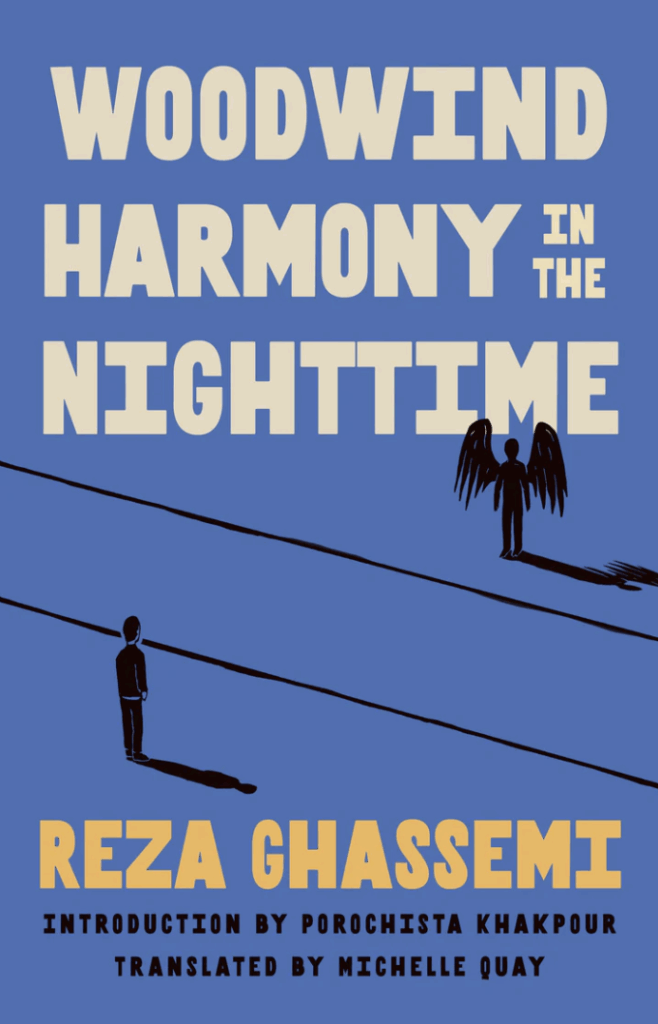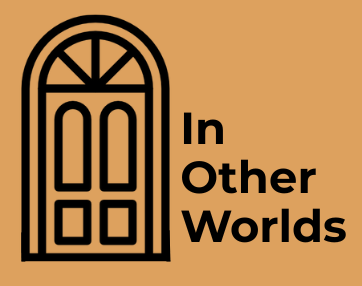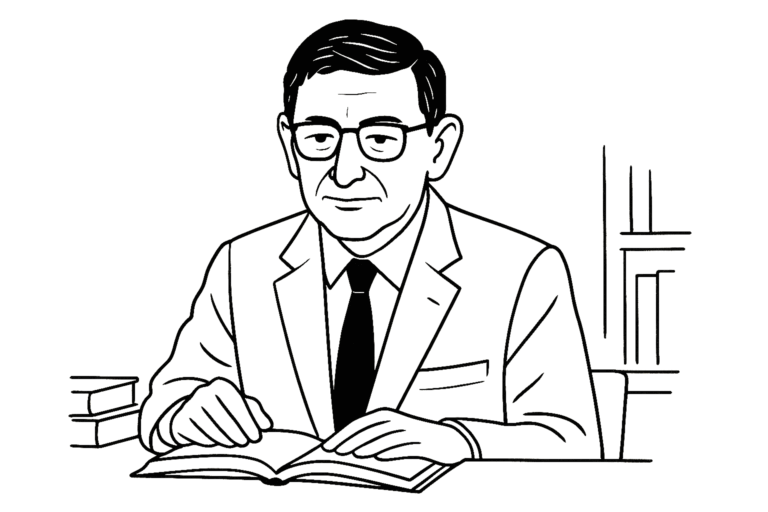Deep Vellum will bring Iranian novelist and musician Reza Ghassemi’s debut work Woodwind Harmony in the Nighttime to English readers for the first time, marking an important moment for Persian literature in translation. Translated by scholar and translator Michelle Quay, the novel is slated for release on 17 March 2026 and is now available for pre-order.
A Landmark Debut in Iranian Fiction
First published in Persian in 1996, Woodwind Harmony in the Nighttime quickly established itself as a landmark in contemporary Iranian fiction. It received the Golshiri Literary Award for Best First Novel in 2002, consolidating its reputation at home.
A Surreal Story of Exile in Paris
Set in Paris in the 1990s, the story follows Yadollah, an Iranian exile sharing a cramped attic with his friend Seyyed and his girlfriend Ra’na. A newcomer who calls himself Prophet unsettles their precarious circle, and Yadollah soon confronts ominous visitations that push the narrative toward a wry, suspenseful meditation on displacement and identity.
Michelle Quay: Bridging Persian Literature and English Readers
For Michelle Quay, whose background spans medieval and contemporary Persian literature, this translation crowns several years of advocacy for Persian literature in translation and the visibility of Iranian voices in English. Quay holds a doctorate from the University of Cambridge, teaches at Brown University, co-edited The Routledge Handbook of Persian Literary Translation, and won the inaugural Mo Habib Translation Prize in Persian Literature for her work on this novel.

Persian Literature in Translation Today
Although Persian literature has a centuries-long tradition, translations into English remain comparatively scarce within the broader market for world literature. In the United States, translations across all languages historically account for only about three percent of published books, with literary fiction and poetry closer to one percent, so Persian titles compete within a very small pipeline. Prizes and dedicated publishers are helping to widen access, but the field still has ample room to grow.
Reza Ghassemi’s Life and Work
Ghassemi, now based in France, is also an accomplished musician and playwright whose stage work faced bans after the 1979 revolution. His fiction career continued with two further novels, and The Spell Chanted by Lambs has previously appeared in English translation.
With this publication, English readers will encounter not only a modern work of the Iranian diaspora but also a valuable addition to the growing field of Persian literature in translation.



